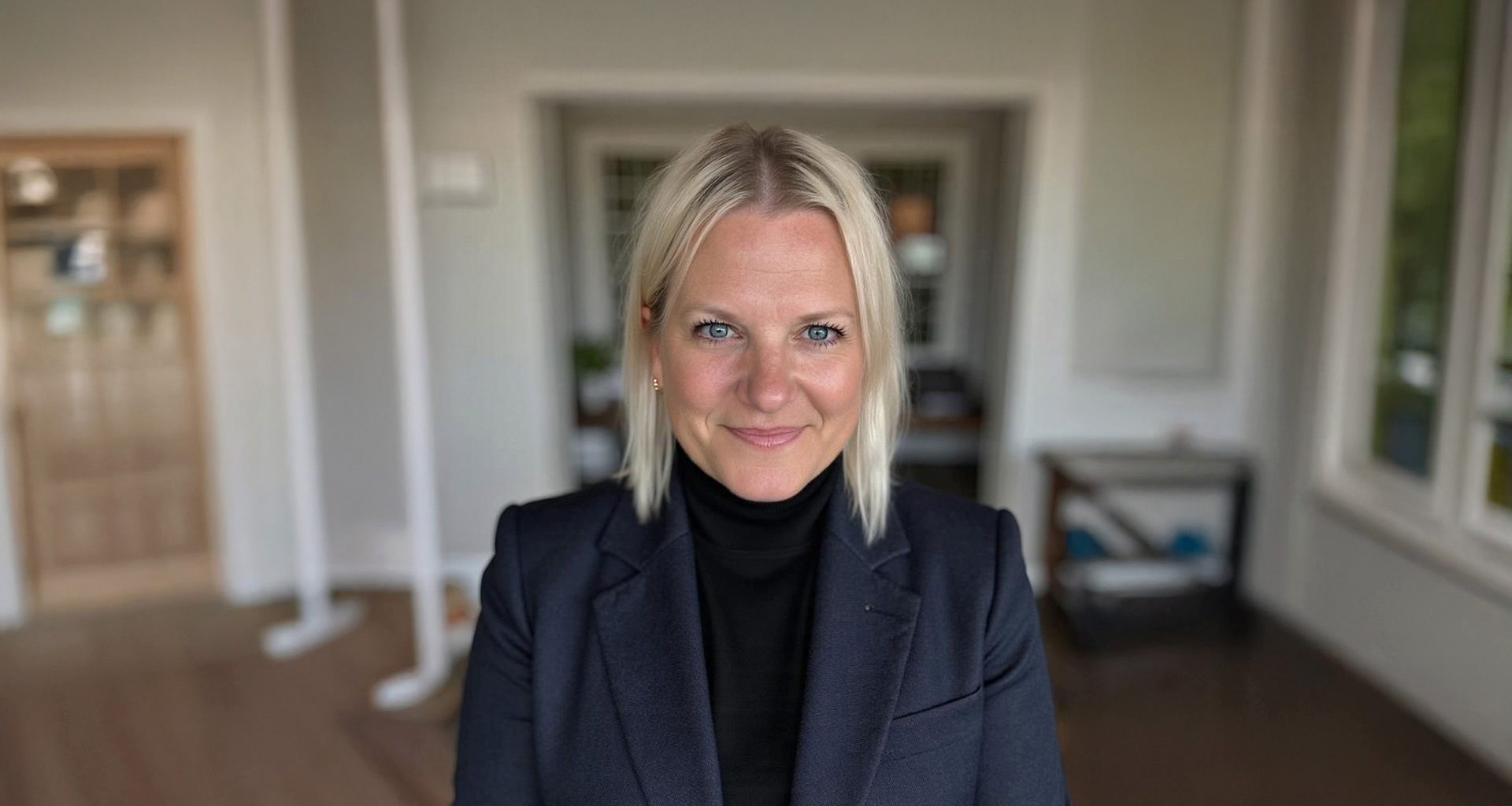The advertising marketplace continues to evolve at breakneck speed, leaving many leaders scrambling to keep their strategies relevant. Building resilient approaches requires more than just following trends – it demands a fundamental shift in how leaders think about change, data, and human intuition. Beth Mach, with her extensive experience in marketplace strategy development, offers practical insights on navigating these challenges while still maintaining competitive advantage in an increasingly complex landscape.
Staying Flexible Without Losing Focus
Beth gets straight to the point about what resilience means. “I think the key word is resilience. The ability for you to almost anticipate the change that’s going to happen and then be okay with changing the plan.” Sounds simple, but most people struggle with this concept. The problem is human nature. “So often people put a plan together and they want to stick to it to the detriment of actually doing something that could be even better,” Beth explains. She’s seen this countless times – leaders who become so attached to their original strategy that they miss obvious opportunities for improvement. The smart ones stay flexible without being wishy-washy. “Just because you’re anticipating it and are open to pivoting doesn’t always mean that you have to do that either,” she clarifies. It’s about keeping your eyes open and making conscious decisions about when to stay the course versus when to make changes.
Balancing Data with Critical Thinking
Ask Beth about the biggest vulnerability in marketplace strategies, and she’ll tell you it’s over-reliance on data. “There needs to be a little bit of gut and intuition added into the mix,” she says. This might sound counterintuitive, especially when everyone’s pushing for more data-driven decisions. But here’s the thing – Beth points out that “we are marketing to people that have different points of logic and rationale and do things sometimes that aren’t logical.” Data shows you patterns from the past. It doesn’t predict when someone’s going to make a completely irrational purchase decision on a Tuesday afternoon. She’s particularly concerned about how AI tools are making people lazy. “Our critical thinking skills are starting to lose their strength,” Beth observes. “It’s one thing to have the data in front of you, but you really do need to look at it and think about it and not just have something spit out the results to you.”
Technology That Helps
Beth isn’t anti-technology. Far from it. She co-founded Spacely, which uses technology to eliminate tedious planning, buying and selling tasks so people can focus on more meaningful, strategic and high value parts of the media industry. “It’s not to replace people. It’s to reduce the amount of menial, mundane things that don’t allow for the brain to be creative,” she explains. The difference between helpful technology and harmful technology comes down to how you use it. Beth sees too many people treating AI as a magic solution rather than a tool. The next generation of marketers will approach this differently than their predecessors, but the fundamentals still matter. “We had calculators and a fax machine and the beginnings of email, where now everything is digitized,” she notes. The tools change, but someone still needs to understand what the numbers mean and make smart decisions based on that understanding and again remember we are marketing to PEOPLE, HUMANS.
Three Tactical Moves for Building Flexible Strategies
When Beth talks about tactical approaches, she keeps it simple.
Stay Curious About Uncomfortable Tools
Her first rule is easy: “You have to be a continuous learner.” This means getting comfortable with being uncomfortable, especially when new technology appears. “There are going to be things that you’re not comfortable with. Could be ChatGPT or could be any of the AI tools that are in front of you.” Her advice? Learn them anyway. “Don’t be afraid to use the technology to your advantage to help you do things faster.” Just be honest about using these tools rather than trying to hide it. Remember, they are tools, not you!
Test Everything Without Overthinking
“It’s okay to experiment. It’s okay to play around with what you think the outcomes might be,” Beth explains. She compares business strategy to Chutes and Ladders – there are multiple ways to reach your destination, and some paths work better than others. The key is trying different approaches, channels, and tactics without getting paralyzed by perfectionism. Smart leaders run small tests to see what works before committing major resources to any single approach.
Plan Multiple Routes to Success
Beth recommends modeling different scenarios before you need them. “Being able to see those through different experiments, different approaches, different channels, different tactics helps you view and even model out where mistakes might happen.” This approach creates what she calls “continual learning and optimization of the path to get to your outcome.” Whether you’re chasing sales targets or audience growth, having backup plans ready means you won’t panic when your first strategy hits unexpected obstacles.
This approach allows for what Beth calls “continual learning and optimization of the path to get to your outcome.” Whether you’re trying to hit sales numbers or acquire new audiences, having multiple routes planned gives you options when the first approach hits obstacles. The marketplace isn’t getting any simpler. But Beth’s approach gives leaders a framework for staying ahead without losing their minds in the process.
Follow Beth Mach on LinkedIn for more insights on resilient strategy and adaptive leadership.












